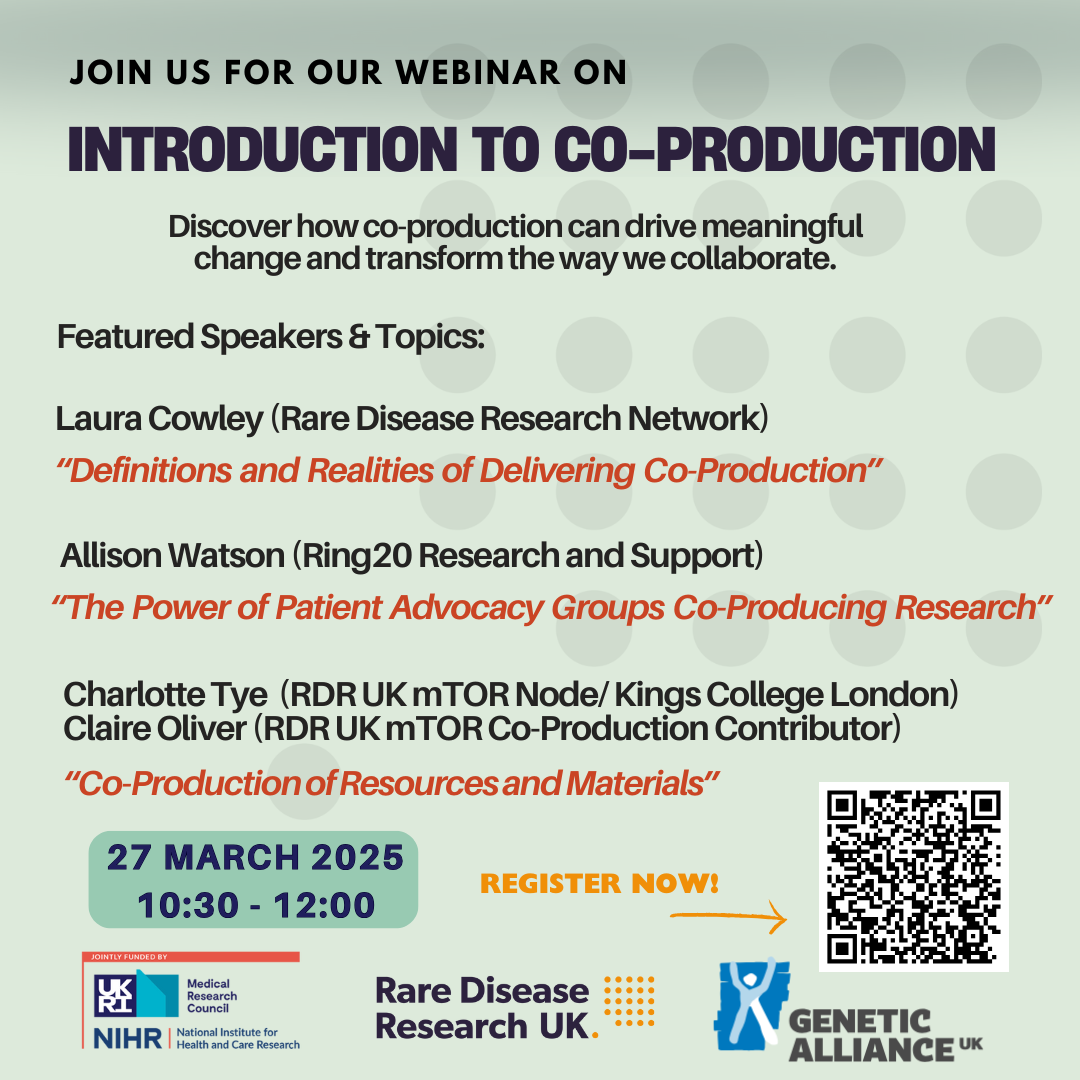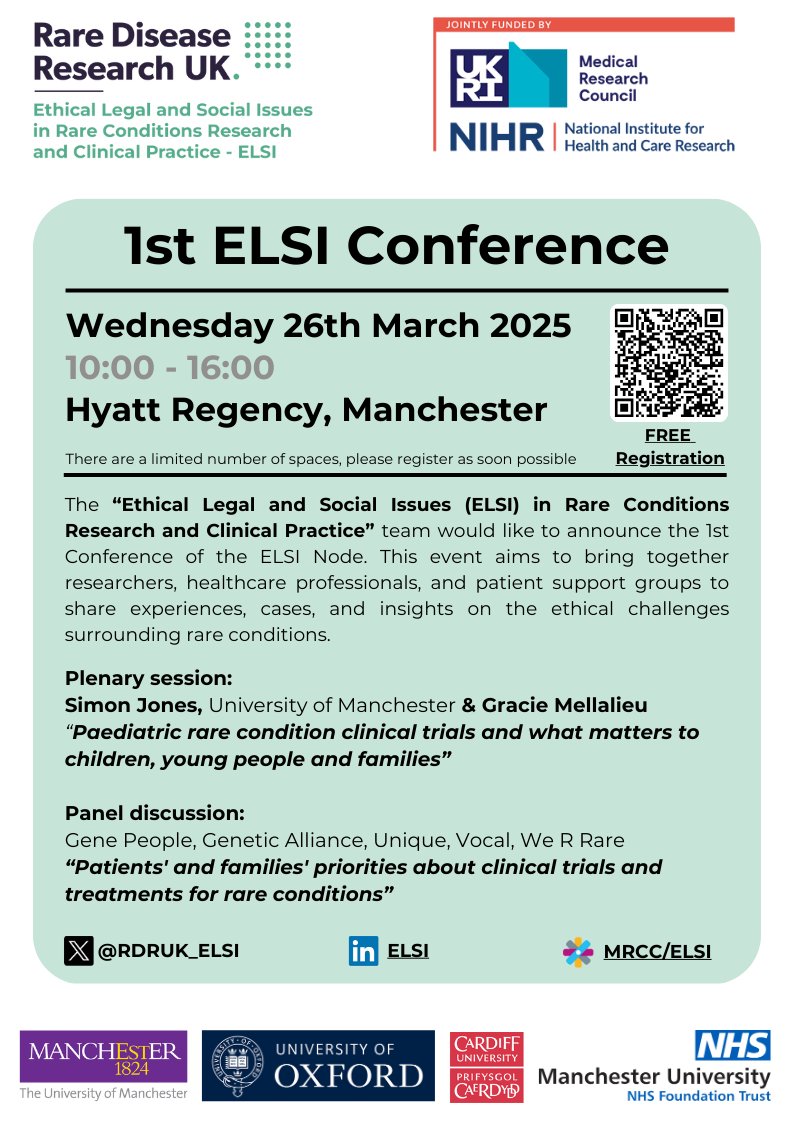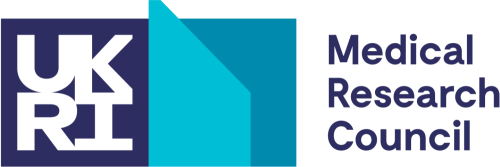A new platform bringing together UK strengths in rare diseases research to improve diagnosis and treatment through better understanding of the disease.
The platform will bring people together, link participants to resources and activities in the UK and internationally, and support projects that deliver advances in rare disease research.
The UK Rare Disease Research Platform has been established with a £14 million investment over five years by the Medical Research Council (MRC) and the National Institute for Health and Care Research (NIHR).
It is made up of a central coordination and administrative hub and 11 specialist nodes based at universities across the UK.
The aim of the platform is to bring together expertise from across the UK rare disease research system to foster new and innovative treatments for those directly and indirectly impacted by rare conditions.
One in 2,000 people
A rare disease is one that affects fewer than one in 2,000 people.
However, there are thousands of these conditions, with around one in 17 people in the UK being affected at some point in their lifetime.
More than 30% of children with a rare disease die before they are five.
Rare diseases bring common challenges
Professor John Iredale, MRC Executive Chair said:
“The UK has great strengths in rare disease research. However, that very rarity means it can be difficult to bring the right people, technologies and tools together to develop effective approaches.
Although these diseases are diverse and have different causes, they often bring common challenges for research into disease mechanisms, diagnosis, management and treatment.
The platform will bring people together, link participants to resources and activities in the UK and internationally, and support projects that deliver advances in rare disease research.”
Essential ongoing research
Professor Lucy Chappell, Chief Executive of the NIHR, said:
“The UK Rare Disease Platform marks a significant advance in accelerating rare disease research, supported through NIHR funding and our partners the Medical Research Council.
The platform will enable greater collaboration between patients and those working across academic, clinical and industry research.
By bringing the right people and expertise together, we will be able to provide better care more quickly to those living with rare diseases.
The NIHR continues to lead essential ongoing research into rare diseases, including through our Biomedical Research Centres, and we are making it easier for people with rare diseases to take part in research opportunities via our Be Part of Research Service, which can now be accessed through the NHS app in England.
We look forward to working with our partners further to accelerate our understanding and treatment of rare diseases affecting millions of people across the UK.”
Specialist nodes based at universities
The 11 nodes each involve several universities and organisations working together across the UK. They are:
- Epigenomics Rare Diseases (EpiGenRare) led by University of Exeter and The University of Manchester
- mTOR Pathway Diseases led by King’s College London
- Changing clinical practice in rare diseases through innovative trial designs (CAPTIVATE) led by University of Birmingham
- Histiocytic Disorders (HistioNode) led by Newcastle University and The University of Nottingham
- Lipidomics and Metabolomics led by Swansea University
- Ethical Legal and Social Issues in Rare Conditions Research and Clinical Practice (ELSI) led by The University of Manchester
- Early Assessment, Diagnosis and Treatment of Parkinson’s Plus Related Syndromes (ExPRESS) led by University College London
- Rare Early Onset Lower Urinary Tract (REOLUT) led by The University of Manchester
- Renal Ciliopathies National Network (RCNN) led by Newcastle University
- Cardiovascular Rare Disease led by Imperial College London
- UK Platform of Nucleic Acid Therapy for rare disease treatment (UPNAT) led by University College London
A platform hub will bring these specialist nodes together and deliver wider activities for all the UK interests in rare disease research.
The hub contract has been awarded through an open competitive procurement exercise to a consortium led by Newcastle University, with Newcastle NHS Trust and Genetic Alliance UK.
Platform will support new projects
The platform will bring greater coordination to UK research into rare diseases. It will provide a point of entry for industry and international partners and aim to attract investment into UK research.
It will also support a set of new projects that will identify and solve particular challenges and unblock progress across many rare diseases or groups of rare diseases.
The UK government recently established a UK Rare Diseases Framework.
Each nation of the UK has published action plans that aim to ensure those living with rare diseases receive better care and treatment and more rapid diagnosis.





